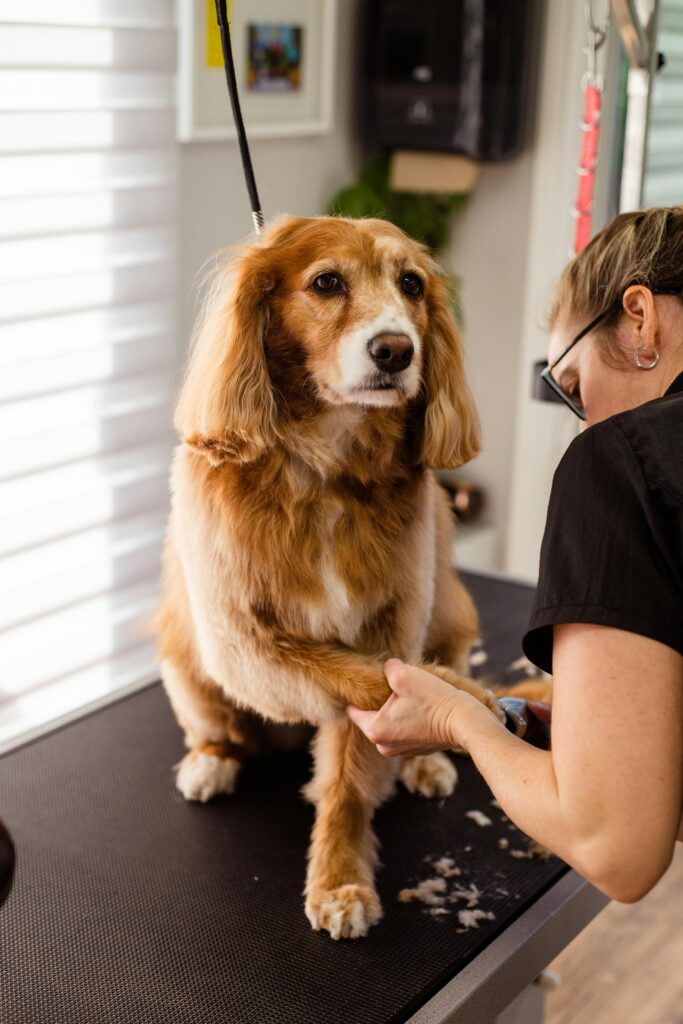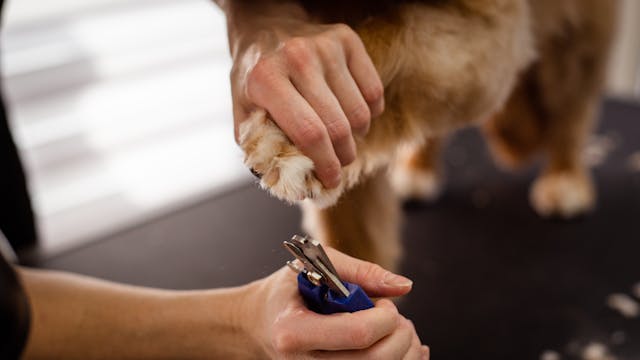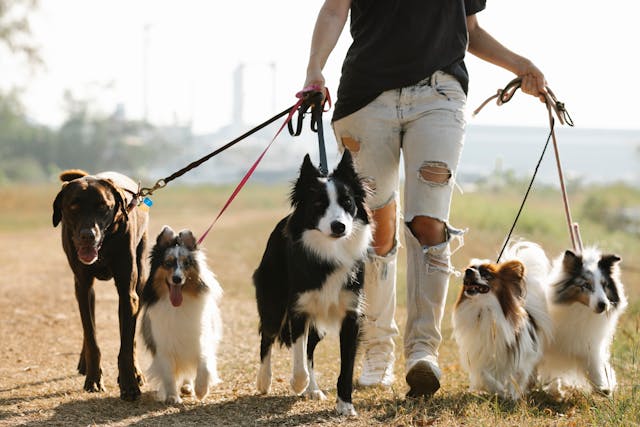For dog owners, a beloved pet suddenly vomiting a yellow, foamy substance is a common but frightening sight. Dogs can vomit on occasion, but the particular hue and texture of yellow vomit might indicate a variety of health problems, from small to serious. This blog post will go over when to get veterinarian care, how to treat yellow vomit in dogs, and various causes. You can better guarantee the health and welfare of your dog if you are aware of the underlying reasons and the suitable reactions.
Highlights
Possible Causes: Pancreatitis, bile reflux, empty stomach, infections, and more.
Short Term Solutions: Evaluate the circumstances, refuse food, and offer water.
When to See a Vet: Lethargy, dehydration symptoms, persistent vomiting, or other symptoms.
Preventive Measures: Adequate nutrition, feeding schedule, and routine veterinary examinations. Causes, Concerns, and Care of Your Dog’s Yellow Throw-Up.
Finding out your dog is vomiting can be upsetting for you as a dog owner, particularly if the vomit is yellow. The gallbladder stores digesting fluid called bile, which is often indicated by this yellow hue. Knowing the several causes of this ailment will enable you to react effectively and keep your dog healthy. Let’s look at possible reasons, what you can do right now to see a vet, and ways to avoid this from happening again.

Possibly Causes of Yellow Vomit in Dogs
The first is Empty stomach or hunger pains
On an empty stomach, dogs frequently vomit yellow bile. This may result from a dog skipping meals or going extended stretches of time without eating. Vomiting might result from the stomach’s irritation from an acidic environment causing bile to reflux back into it.
Dietary Indiscretion
It’s common knowledge that dogs consume everything from grass to trash. Throwing up can result from this irritating the stomach lining. Bile combining with stomach contents can give the yellow hue.
Syndrome of Bilious Vomiting
Like acid reflux in people, bilious vomiting syndrome happens when bile leaks from the small intestine into the stomach, frequently as a result of the dog not eating for a long time. Late at night or early in the morning is usually when this occurs.
Food Allergies or Sensitivities
Bile vomiting and gastrointestinal distress can be symptoms of food allergies or sensitivities in some dogs. Finding and removing the offending food can take care of this problem.
Intestinal Blockages
Bile may be vomited by a dog due to partial or total bowel obstructions. This is a serious ailment that frequently calls for surgery.
Diseases and Infections
Vomiting can result from a number of infections, such gastroenteritis or illnesses like pancreatitis, liver disease, or renal disease. Usually, these disorders have other symptoms including fatigue, diarrhoea, and appetite loss.

Parasites
Intestinal parasites, such hookworms or roundworms, can cause vomiting and upset stomach. Faecal examinations and routine deworming are crucial preventive strategies.
Take Quick Actions Now
Keep your cool and take the necessary action to control the situation when your dog spits up yellow bile:
1. Evaluate the Situation: Watch how your dog behaves and looks generally. Make a note of if this has happened once or often.
2. Put Food Away for Now: Your dog can have his stomach settle by temporarily stopping feeding for 12 to 24 hours. Always have fresh water on hand to avoid dehydration.
3. Serve Tasteless Meals: Introduce a bland food after fasting, such rice and boiling chicken eaten in little, regular meals. Over the following several days, progressively resume their regular diet.
4. Watch Hydration: Make sure your dog is drinking enough of water. Worsening the condition can be dehydration. Offer ice chips or a rehydration solution your veterinarian recommends if your dog won’t drink water.
When to See A Vet
While the odd vomiting might not be concerning, severe or ongoing symptoms need for veterinary care. If your dog has blood in the vomit or faeces, seems dehydrated (sunken eyes, dry gums, lethargy), vomits often or repeatedly, displays symptoms of lethargy or melancholy, refuses to eat or drink for more than 24 hours.
These symptoms can point to a more severe underlying illness that requires medical attention.

Prevention Strategies
Taking a few proactive measures will help your dog stop vomiting yellow bile:
1. The Schedule of Regular Feeding: Feed your dog smaller, more often meals to avoid an empty stomach. This lowers the possibility of vomiting and bile accumulation.
2. The Balanced Diet: Give your dog a balanced food appropriate for his or her size, age, and level of health. Steer clear of abrupt dietary changes since they can upset the stomach.
3. Restrict Access to Non-Food Items: Dog proof your house and yard to keep your dog from scavenging. Make sure food is out of sight and garbage cans are locked.
4. Hydration: Never run out of fresh water. Good hydration promotes general digestive health.
5. Regular Veterinary Visits: Plan routine examinations with your veterinarian. Early detection of possible problems made possible by routine health tests enables quick treatment.
6. The Parasite Control: Follow your vet’s advice and do faecal tests as directed to keep your dog free of intestinal parasites.
7. Keep Stress Away: Reduce the amount of stressors around your dog. Their general health and digestive system can be impacted by stress. Offer a secure, cosy setting with enough of mental and physical activity.
Conclusion
Dogs who vomit yellow may have anything from minor food cravings to more serious medical problems. Quick recovery and long-term health of your dog can be ensured by knowing the possible reasons and suitable remedies. Keep a careful eye on your pet’s symptoms and, if in doubt, don’t be afraid to ask a veterinarian. Yellow vomiting episodes can be reduced and your beloved buddy can remain happy and healthy with the right care and attention.



